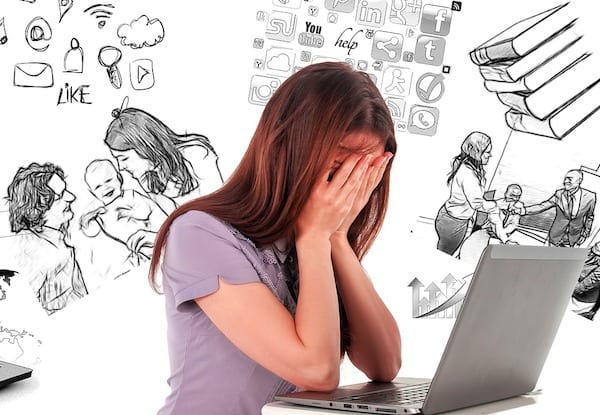But there is another form of gendered labour that is under acknowledged, and for many people – both women and men – not even known.
Emotional labour is what many, many women perform for their partners, their families, their co-workers and other members in their extended networks.
It can involve the so-called ‘small’ things, like always being the one to remember people’s birthdays, to making doctor’s appointments and knowing what every family member’s blood type is, to always being the one to ask if anyone has walked the dog that day, to being expected to plan the office Christmas party.
This goes well beyond the normal, everyday tasks involved in simply caring about or for someone, but is a mentally and physically taxing form of labour that often suppresses women’s own needs in order to manage the emotions and needs of those around her. It’s always being alert, always being ‘on’ and always being the one who is expected to fix other people’s problems.
Often, this type of work simply gets excused because of the tired old excuse that ‘women are just better at multitasking’ or that women enjoy doing this sort of work. And while some of these tasks may not seem to be a big deal – on their own, they’re quite minor – but it’s the volume and the repetitive nature that is the problem and that no one else is willing to do them.
Emotional labour is an exhausting and gendered form of labour that tends to come under the umbrella of ‘just stuff that women do’. It’s not unlike the socially engineered culture of harassment and assaults against women – brought to worldwide attention by the countless claims being made against Hollywood producer Harvey Weinstein – it is a silent demand, that is wrapped up in the lie of it being something that ‘women just like to do’ or ‘women simply are better at this sort of stuff then men’.
Emotional labour isn’t just about remembering things and performing constant acts of kindness, but taking a significant responsibility both inside and outside the house. And because emotional labour often benefits men, and we live in a society that has been purposely structured to benefit those same men, there is no incentive to change it. After all, if you’re onto a good thing, why change it?
It’s not just in the domestic setting that women perform this task; many women activists, especially women of colour and women from marginalised groups, are expected to perform a public service of constant education and cultural cultivation for people who claim to want to educate themselves on these issues, but who refuse to do any homework on it themselves.
US actor and comedian Margaret Cho revealed in late 2016 that she received an email from actor Tilda Swinton, after she was being publicly criticised for playing the role of ‘The One’ in the Dr Strange film, a character that was always portrayed as Asian in its extensive comic history.
Cho said that she felt like a “house Asian” who was called upon to bring enlightenment, whilst Swinton appeared to have made no effort to educate herself on what is a very well established, proven and articulated issue.
While some people may see what Swinton did as an effort to educate herself, to reach out to someone without having done any basic research yourself is the very definition of emotional labor; expecting someone to do the work for you. These sorts of requests are also unlikely to end with the asking party saying “thank you” but using their new-found information as a tool to rebuke and try to reinforce their own bigotry or misunderstanding.
Emotional labour is not paid, not thanked and not even acknowledged. But it has enormous physical and mental costs to the women who perform as part of their all day, every day, expectations as women.

